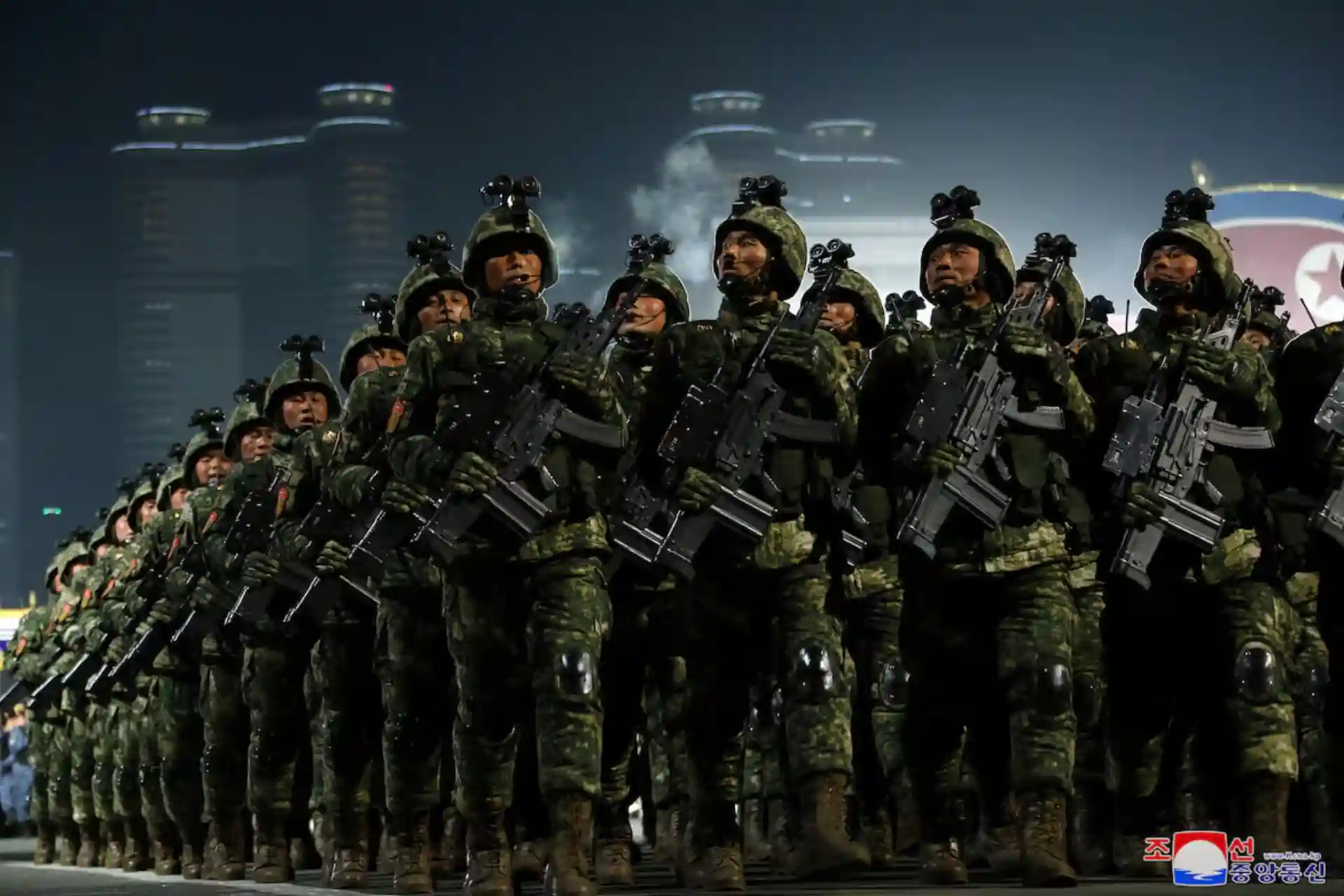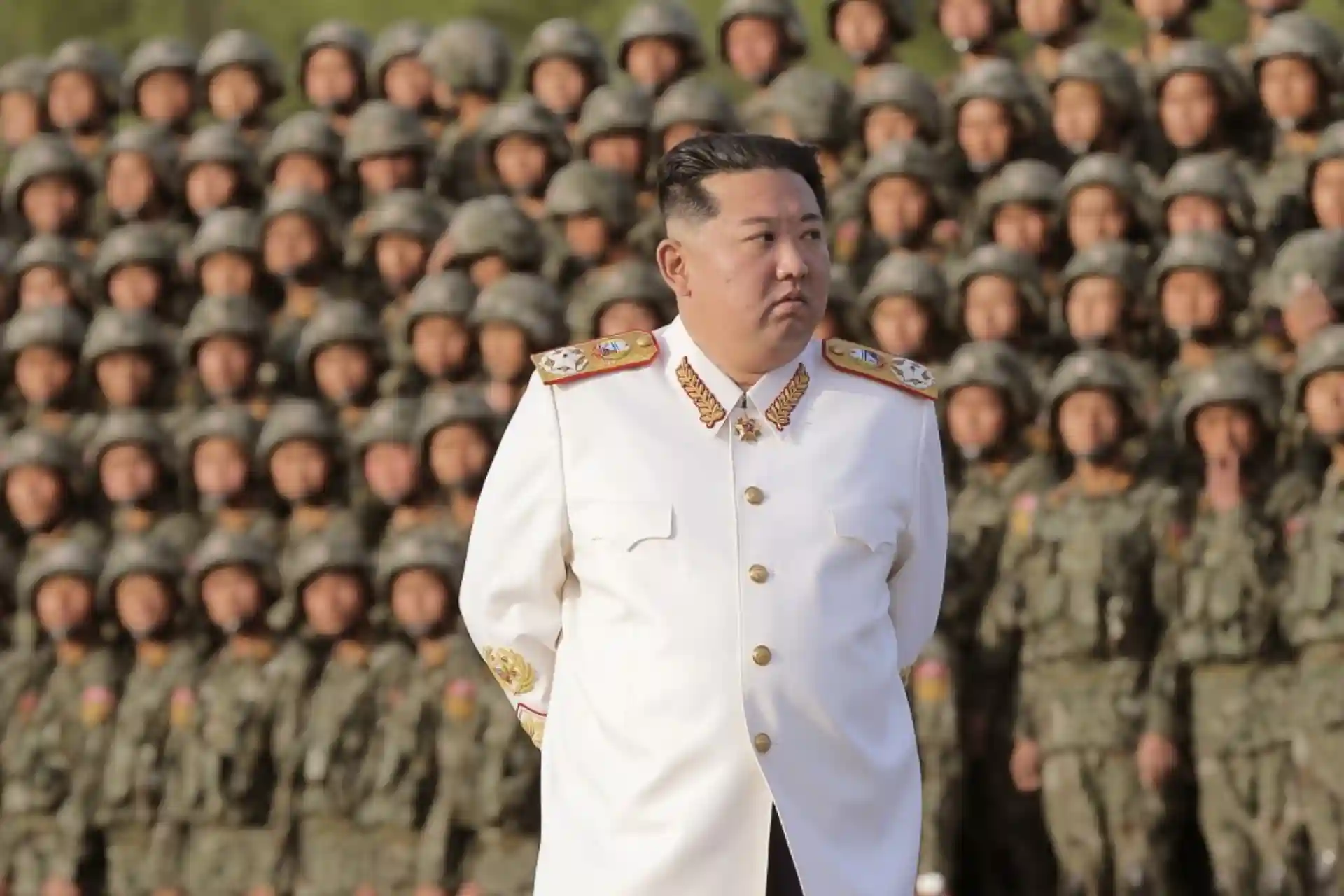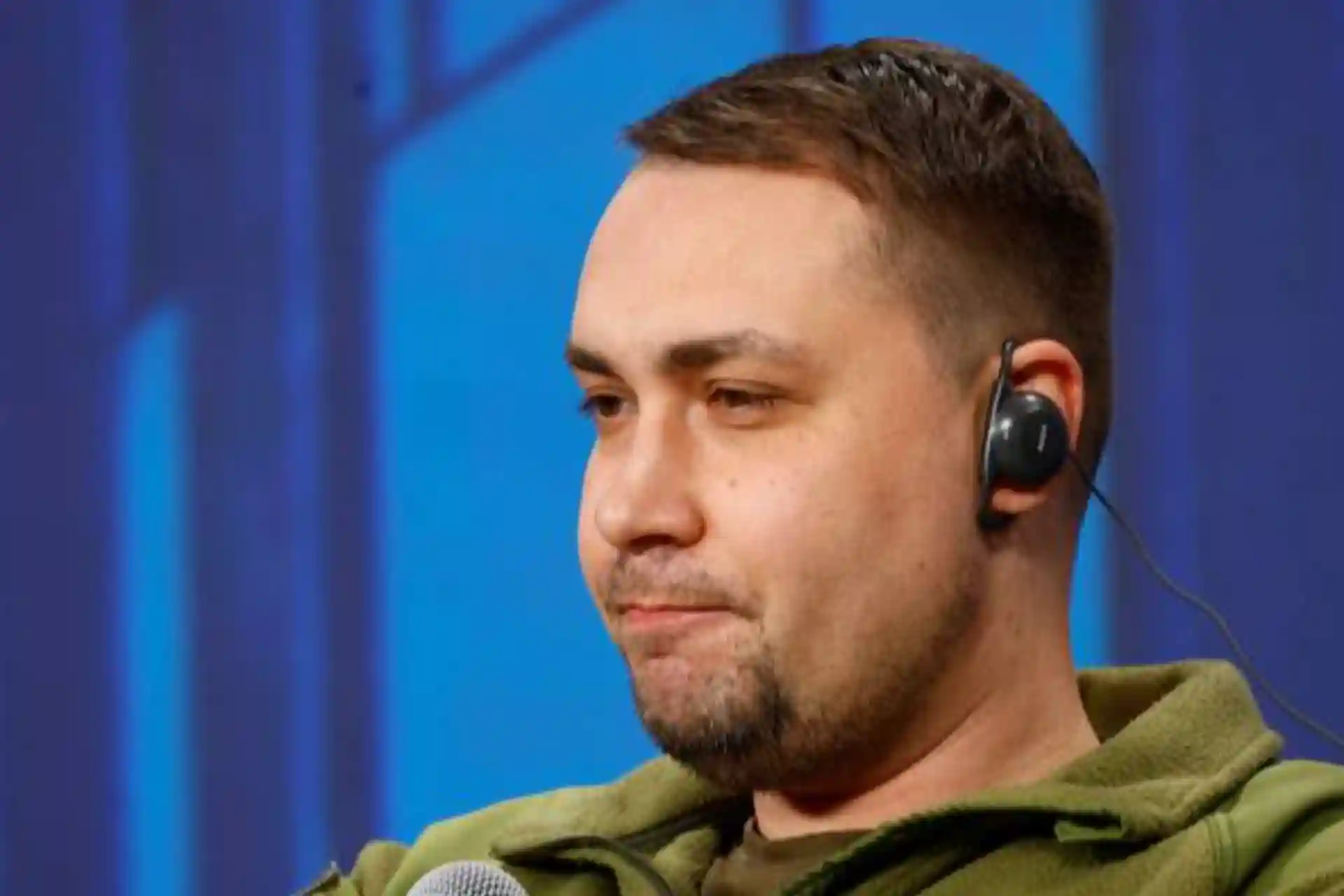North Korea sent troops to Russia. Will the war move to Asia?
Analyzes of North Korea's military aid to Russia took place on the main pages of international publications . Under the conditions of Western sanctions and international isolation, the strengthening of cooperation between these two authoritarian countries has attracted the attention of many . So, is this cooperation a sign that the war will move to Asia?
political researcher Jonathan Fenton - Harvey in the article.
Analyzes of North Korea's military aid to Russia have taken place on the main pages of international publications. In the face of Western sanctions and international isolation, the strengthening of cooperation between these two authoritarian countries has attracted the attention of many.
On October 27, the Pentagon confirmed that the DPRK had sent more than 10,000 troops to fight alongside the Russian military. According to Western officials, some of the Koreans have already reached the Russian-controlled areas in eastern Ukraine. The rest is expected to go directly to the Kursk region of Russia.
Although North Korean Foreign Minister Choi Son-hee said in a meeting with Russian Foreign Minister Sergey Lavrov that "from the very beginning of the operation in Ukraine, the head of state Kim Jong-un gave instructions to support Russia in the "holy war", any relations in international politics are based on certain interests. it is necessary not to forget that it will be launched.
According to The Korea Herald, Moscow will pay Pyongyang compensation for its involvement in its invasion of Ukraine. Russia offers 600,000 to 700,000 tons of rice to the DPRK, explained Wi Son Lak, who got acquainted with the information of South Korea's National Intelligence Service (NIS) at a briefing held at the parliamentary intelligence committee a few days ago. Previously, Moscow occasionally sent 50,000-100,000 tons of rice to Pyongyang, says the former diplomat.
On October 30, CNN reported, citing unnamed US officials, that the United States had asked China to pressure the DPRK. However, China called the "relations" between Russia and the DPRK "their private business".
"Russia and the DPRK are two independent and sovereign countries, and the development of bilateral relations is the business of these two countries only," Lin Jiang, spokesperson of the Ministry of Foreign Affairs of the People's Republic of China, said at a briefing in Beijing on November 1.
In fact, Russian-North Korean relations are not new: close ties date back to the time when the Soviet Union supported the establishment of North Korea as a communist state.
An informal agreement between Moscow and Pyongyang, signed before Russia's invasion of Ukraine, turned into a comprehensive strategic partnership in October of this year. According to him, both countries promised to provide military assistance to each other in case of threats. Some analysts called it "an alliance between the two regimes against the US-led sanctions regime."
In addition, this partnership is also significant in that it is based on the exchange of North Korean ammunition for Russian technology and economic resources. In particular, Moscow, which has received thousands of shells and ammunition from Pyongyang, is receiving much-needed supplies to support artillery operations in Ukraine.
The North Korean troop presence in Russia reportedly includes technicians and military engineers attached to the Russian military. Their participation can free Russian troops from frontline service.
In return, North Korea could gain much-needed funds and possibly Russian expertise in advanced weapons technology that could improve its ballistic missiles and expand its nuclear capabilities. These areas are critical to Kim Jong-un's regime as it seeks to strengthen its defenses against external threats.
The strengthening of Russian-North Korean cooperation naturally caused a stir outside the Euro-Atlantic. The fact is that after this, US allies in the Asia-Pacific region, such as South Korea and Japan, may face North Korea with new weapons and experience.
That is why Seoul openly condemned the cooperation. The intelligence agencies of the Republic of Korea have released satellite images of North Korean troops at Russian facilities. South Korea has announced that it will send a team to monitor the North's troops in Ukraine, and at the same time , it has declared South Korea's commitment to the US-led world order.
North Korea does not stop launching missiles towards the Sea of Japan. On November 5, the Ministry of Defense of Japan announced that the DPRK had launched several short-range ballistic missiles in this direction.
Official Tokyo stated that these "actions threaten the peace and security of Japan, the region and the international community, as well as violate the resolutions of the UN Security Council."
Experts say that North Korea is aiming for two things by launching international ballistic missiles. The first is to demonstrate the nuclear potential before the US elections. The second is to divert attention while the DPRK sending troops to Russia is being actively discussed.
Earlier, on October 31, the North tested the Hwasong-19 intercontinental ballistic missile. The rocket rose to a height of 7,000 kilometers and its flight distance was 1,000 kilometers. The rocket fell into the sea. According to the DPRK, South Korea and Japan, this missile flew higher than any previous North Korean missile.
It is worth saying that North Korea's support for Russia is important in the context of sanctions. At the same time, it can move the war that started in Europe to Asia.
This Russia-Korea alliance sends a threatening signal to stakeholders in the Asia-Pacific region, especially the US, Japan and South Korea: they are strengthening their joint military posture in response.
Washington's view of this cooperation as a "significant escalation" suggests that Washington may respond more forcefully against Moscow and Pyongyang.
Although this cooperation has not yet reached the level of Cold War alliances, it has moved from symbolic to practical cooperation and threatens the West's sphere of influence in the world.
Jonathan Fenton-Harvey, political researcher



